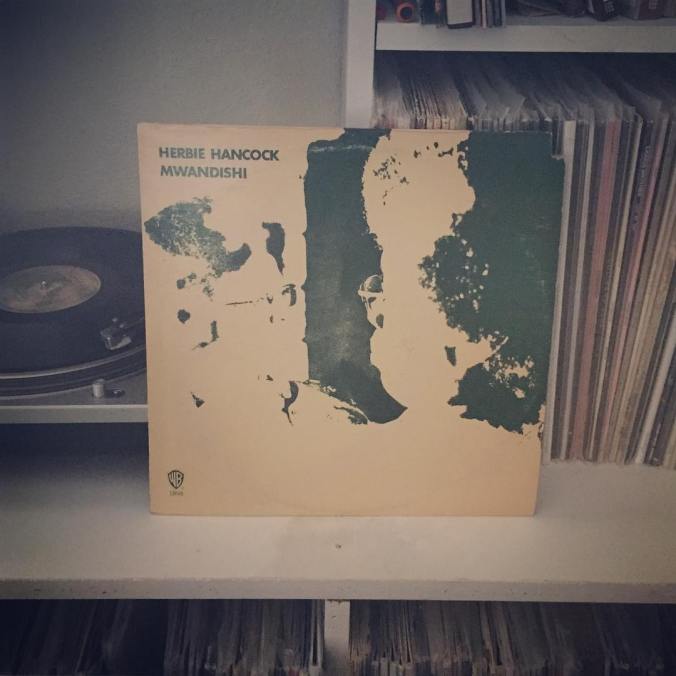
In the late ’60s, jazz was undergoing a sea change.
After decades of decrying electric instruments as too urbane for jazz, a number of jazz musicians started to gravitate toward them. Miles Davis led the charge, as he usually did. In a Silent Way was met with confusion and disappointment.
But nevertheless, it changed jazz forever.
Herbie Hancock was there too, beside Chick Corea and Joe Zawinul. The three pianists, fascinated with these newfangled electric pianos and synthesizers, shaped much of Davis’ vision through his electric period.
But each of them were bandleaders in their own right. And in the aftermath of In a Silent Way and Bitches Brew, they brought the same patience and freneticism to their own records.
Mwandishi is the first of a three-album run from Hancock where he took the same name. Mwandishi is a Swahili name meaning “creator” or “author.” And given the depths of spirituality and texture these three albums explored, that’s the perfect name for him. These three albums are nestled comfortably between the soulful jazz before them and the electric funk that would follow.
While the third album Sextant was almost completely detached from the earth, Mwandishi has at least a couple toes still on the ground (and hey, Bennie Maupin is here, fresh from Miles’ band). The opening track “Ostinato (Suite for Angela)” is driven by a funky bass riff in 15/8. The drums crash and the horns squeal, while Mwandishi pounds away at his Fender Rhodes.
“You’ll Know When We Get There” slams the wheel hard in the other direction. A delicate chord progression with minimal percussion, occasionally stopping to buzz with noise.
The final track, the side-long “Wandering Spirit Song” is a master class in tension and release. It opens with all of the atmospheric patience of “In a Silent Way,” adding new voices and swelling until it collapses in a moment of free jazz. It repeats this cycle a few times, getting more extreme each cycle, ultimately bursting into a few minutes of sustained chaos.
Then at the height of the pandemonium, it returns to the melody of the opening section before collapsing into a quiet duet between Herbie’s Rhodes and Buster Williams’ upright bass.
While Hancock is largely celebrated for jazz standards like “Maiden Voyage” or electric funk tracks like “Chameleon,” his Mwandishi period is far and away my favorite string of works.